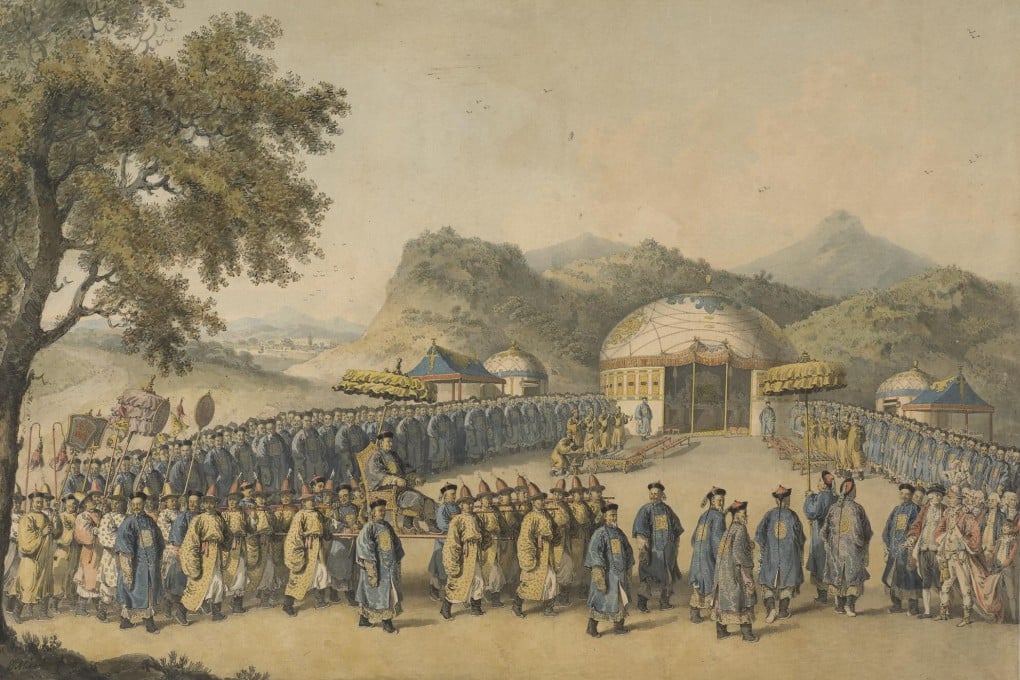Review | When translating Chinese into English could be dangerous – Britain’s failed 1793 embassy to China seen through interpreters’ eyes
- Britain’s Lord Macartney’s interpreters for his embassy to China’s Qianlong emperor were an exiled Chinese priest and a boy who’d had a crash course in Mandarin
- The priest stayed on in China but was a wanted man; the boy grew up, went back there, translated for a second embassy but fled after threats from the emperor

The Perils of Interpreting – The Extraordinary Lives of Two Translators between Qing China and the British Empire by Henrietta Harrison, pub. Princeton University Press
Often the most readable books on Chinese history are those that use detailed accounts of the lives of individuals to illuminate the great events of their time.
Oxford professor Henrietta Harrison’s The Perils of Interpreting – The Extraordinary Lives of Two Translators between Qing China and the British Empire is a fine example, providing a fresh description of the 1793 embassy from Britain’s King George III to the Manchu Qianlong emperor through the eyes of those who mediated, rather than those of the principals.
“Many interpreters in the 18th century acted as negotiators rather than mere translators,” Harrison tells us, “and they attempted to explain the thinking of their masters in terms they felt would be understood, rather than providing a literal translation of what had been said to them.”
Events were often shaped by such suppliers of information, and just as underlings could avoid imperial wrath by telling the emperor what he wanted to hear, or at least concealing bad news, so interpreters could tailor the language of their translations to make it less combative, or de-emphasise or omit sections altogether, with the aim of bringing two sides together.
But this position of control over negotiations could earn the suspicion of both sides, and put interpreters in peril.
